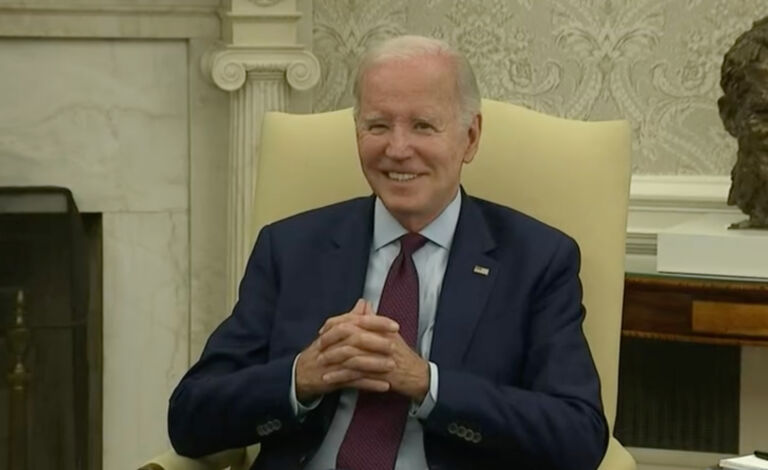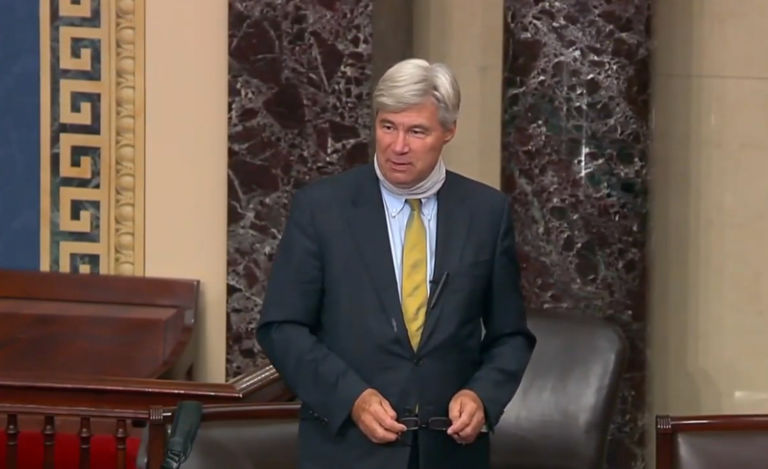In a recent Washington Post article, Cyberlaw expert David Post explains “how two members of Congress helped create a trillion or so dollars of value” by adding “a rather remarkable provision of the U.S. Code.” The members of Congress are Rep. Christopher Cox (R-Calif.) and Rep. (now Sen.) Ron Wyden (D-Ore.), and the provision they added is Section 230 of the Communications Decency Act. Enacted as part of the Telecommunications Reform Act of 1996, Section 230 states:
No provider or user of an interactive computer service shall be treated as the publisher or speaker of any information provided by another information content provider.
In Post’s view:
No other sentence in the U.S. Code … has been responsible for the creation of more value than that one….
It immunizes all online “content intermediaries” from a vast range of legal liability that could have been imposed upon them, under pre-1996 law, for unlawful or tortious content provided by their users — liability for libel, defamation, infliction of emotional distress, commercial disparagement, distribution of sexually explicit material, threats or any other causes of action that impose liability on those who, though not the source themselves of the offending content, act to “publish” or “distribute” it. …
It is impossible to imagine what the Internet ecosystem would look like today without it. Virtually every successful online venture that emerged after 1996 — including all the usual suspects, viz. Google, Facebook, Tumblr, Twitter, Reddit, Craigslist, YouTube, Instagram, eBay, Amazon — relies in large part (or entirely) on content provided by their users, who number in the hundreds of millions, or billions. (Disclosure: Amazon’s chief executive, Jeff Bezos, owns The Post.) I fail to see how any of these companies, or the thousands more like them, would exist without Section 230. The potential liability that would arise from allowing users to freely exchange information with one another, at this scale, would have been astronomical, and it is impossible for me to imagine, say, an investor providing funds for any of these ventures in a world without Section 230. [And it is not a coincidence, in my view, that these companies are all U.S.-based, no 230-like immunity being provided in most other legal systems around the world.]
So here’s to Messrs. Cox and Wyden. Members of Congress get a lot of things wrong — the other 50,000 or so sentences in the 1996 Telecom Act, to take one example close at hand, are a mess — but deserve a shout out or two when they get it right.


